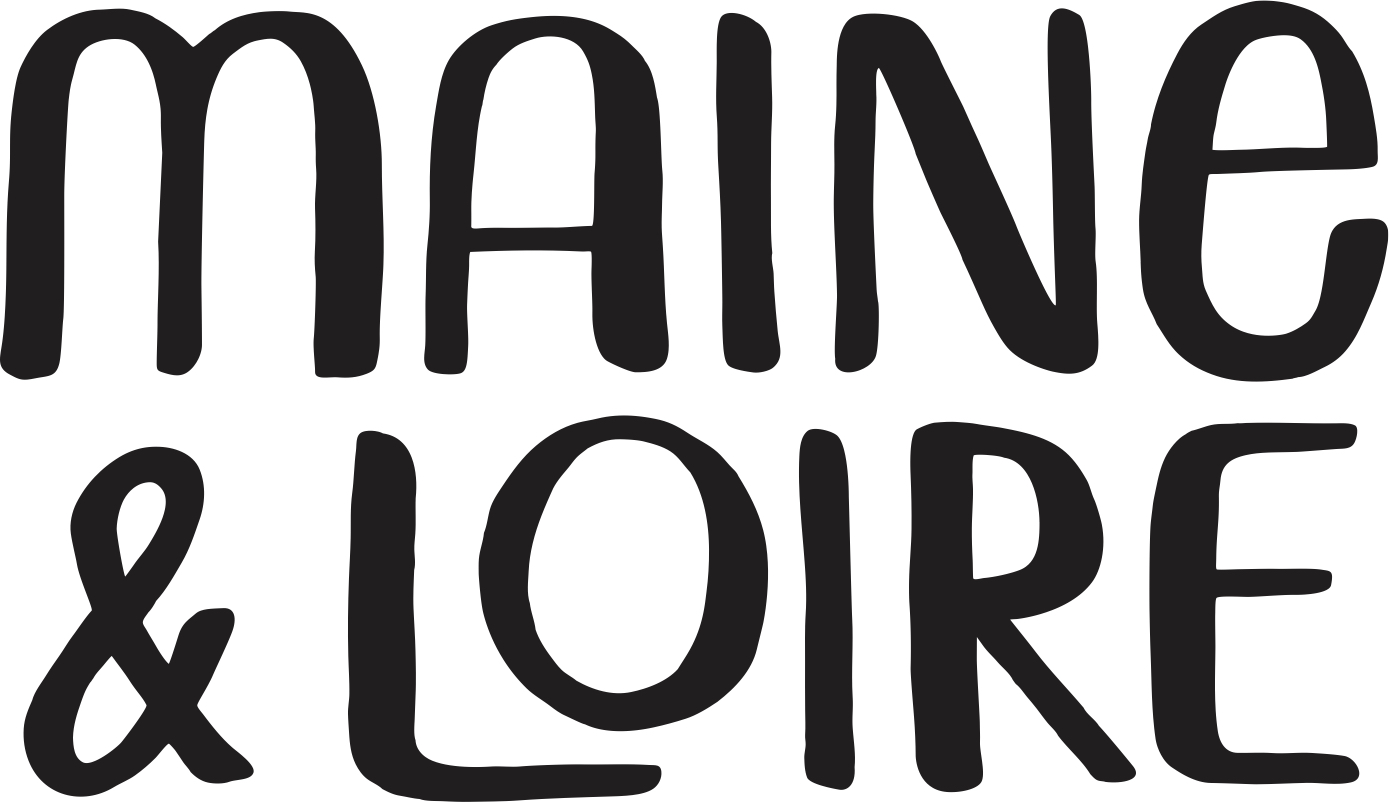Domaine Romuald Valot ‘Chrysalide’ Rouge 2023
Location: France, Beaujolais
Winemaker: Romuald Valot
Grapes: Gamay
Winemaking: Organic farming. Hand harvest. Termed by JAS as Valot’s “Faux Nouveau” this is Valot’s answer to the Beaujolais Nouveaux. After manual harvest, and minimal pre-bottling intervention the wine is bottled in November but held till January. The short aging helps lock in the fruity profile and it comes in under 12% alcohol. The wine can be held for aging or enjoyed young.
From the Importer Jeffrey Alpert: After years of managing vineyards for Domaine Zibetti in Chambolle-Musigny, Romuald Valot eventually settled in Beaujeu in 2013 to establish his domaine. His vineyard-work currently exists in exact opposition to his previous responsibilities in the Côte de Nuits: Valot’s philosophy to eschew pruning, flowing, and all chemical treatments—including even Bordeaux mixture—have given him quite a reputation among even the most environmentally-conscious growers working today. The 11ha of vines that Romuald farms (spread out through Beaujeu, Saint-Jean-d’Ardières,, Brouilly, Côte de Brouilly, Chiroubles, Réginé, and Chénas) yield minuscule amounts of fruit (15-20HL/ha), which is likely due to his insistence not to treat any of his vines with Bordeaux mixture. Unsurprisingly, there is no added sulfur, fining, or filtering to be found in any of Romuald’s cuvées. The final wines are delicate and cerebral in equal measure, and have become a critical reference-point for the radical permaculture that Romuald masterfully champions.
Location: France, Beaujolais
Winemaker: Romuald Valot
Grapes: Gamay
Winemaking: Organic farming. Hand harvest. Termed by JAS as Valot’s “Faux Nouveau” this is Valot’s answer to the Beaujolais Nouveaux. After manual harvest, and minimal pre-bottling intervention the wine is bottled in November but held till January. The short aging helps lock in the fruity profile and it comes in under 12% alcohol. The wine can be held for aging or enjoyed young.
From the Importer Jeffrey Alpert: After years of managing vineyards for Domaine Zibetti in Chambolle-Musigny, Romuald Valot eventually settled in Beaujeu in 2013 to establish his domaine. His vineyard-work currently exists in exact opposition to his previous responsibilities in the Côte de Nuits: Valot’s philosophy to eschew pruning, flowing, and all chemical treatments—including even Bordeaux mixture—have given him quite a reputation among even the most environmentally-conscious growers working today. The 11ha of vines that Romuald farms (spread out through Beaujeu, Saint-Jean-d’Ardières,, Brouilly, Côte de Brouilly, Chiroubles, Réginé, and Chénas) yield minuscule amounts of fruit (15-20HL/ha), which is likely due to his insistence not to treat any of his vines with Bordeaux mixture. Unsurprisingly, there is no added sulfur, fining, or filtering to be found in any of Romuald’s cuvées. The final wines are delicate and cerebral in equal measure, and have become a critical reference-point for the radical permaculture that Romuald masterfully champions.
Location: France, Beaujolais
Winemaker: Romuald Valot
Grapes: Gamay
Winemaking: Organic farming. Hand harvest. Termed by JAS as Valot’s “Faux Nouveau” this is Valot’s answer to the Beaujolais Nouveaux. After manual harvest, and minimal pre-bottling intervention the wine is bottled in November but held till January. The short aging helps lock in the fruity profile and it comes in under 12% alcohol. The wine can be held for aging or enjoyed young.
From the Importer Jeffrey Alpert: After years of managing vineyards for Domaine Zibetti in Chambolle-Musigny, Romuald Valot eventually settled in Beaujeu in 2013 to establish his domaine. His vineyard-work currently exists in exact opposition to his previous responsibilities in the Côte de Nuits: Valot’s philosophy to eschew pruning, flowing, and all chemical treatments—including even Bordeaux mixture—have given him quite a reputation among even the most environmentally-conscious growers working today. The 11ha of vines that Romuald farms (spread out through Beaujeu, Saint-Jean-d’Ardières,, Brouilly, Côte de Brouilly, Chiroubles, Réginé, and Chénas) yield minuscule amounts of fruit (15-20HL/ha), which is likely due to his insistence not to treat any of his vines with Bordeaux mixture. Unsurprisingly, there is no added sulfur, fining, or filtering to be found in any of Romuald’s cuvées. The final wines are delicate and cerebral in equal measure, and have become a critical reference-point for the radical permaculture that Romuald masterfully champions.

